Commodity
-

Written by: Emily Cabrera, UGA IPM Communications Coordinator Expert/Source: Clint Waltz, Extension Turfgrass Specialist Whether you’re a golf course superintendent or a homeowner looking to grow the perfect lawn, there will be something for you at this year’s University of Georgia Turfgrass Field Day. “After four long years we are excited to bring back the…
Posted in: Demonstration, Field Day, Homeowner, Landscape, Research, Technology, Turfgrass, Variety Selection -

Written by: Emily Cabrera, UGA IPM Communications Coordinator Expert/Source: Phil Brannen, Fruit Pathologist, University of Georgia The Southern Integrated Pest Management Center (Southern IPM Center) has inducted University of Georgia Cooperative Extension fruit pathologist Phil Brannen into the Integrated Pest Management Hall of Fame for his significant contributions to commercial fruit growers throughout the Southern U.S. over the past 30 years. Each year, the…
-
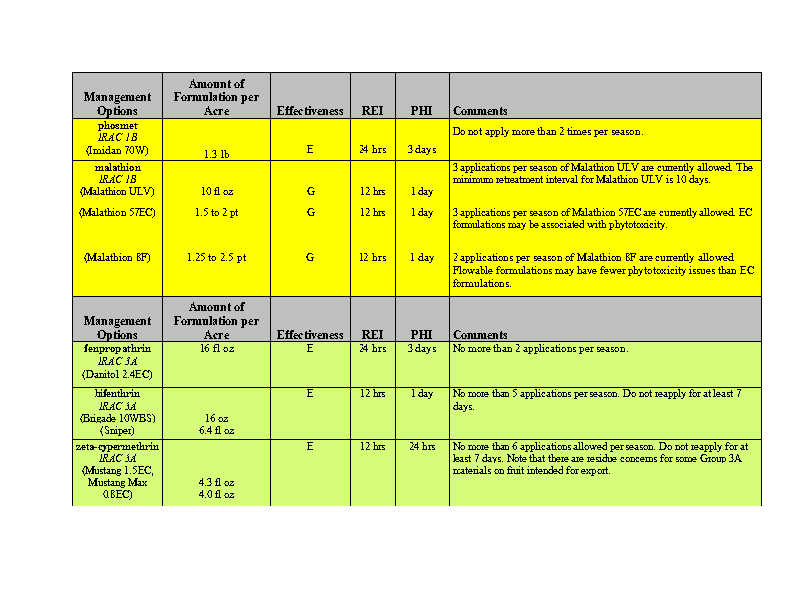
Written by: Ash Sial, Department of Entomology, University of Georgia Spotted-wing drosophila (SWD, Drosophila suzukii) is an invasive pest of soft skinned fruit in the United States and has been detected throughout the southeast. Infestations were observed in some blueberries. SWD damage is similar to blueberry maggot. Female flies lay their eggs in ripening and ripe…
-
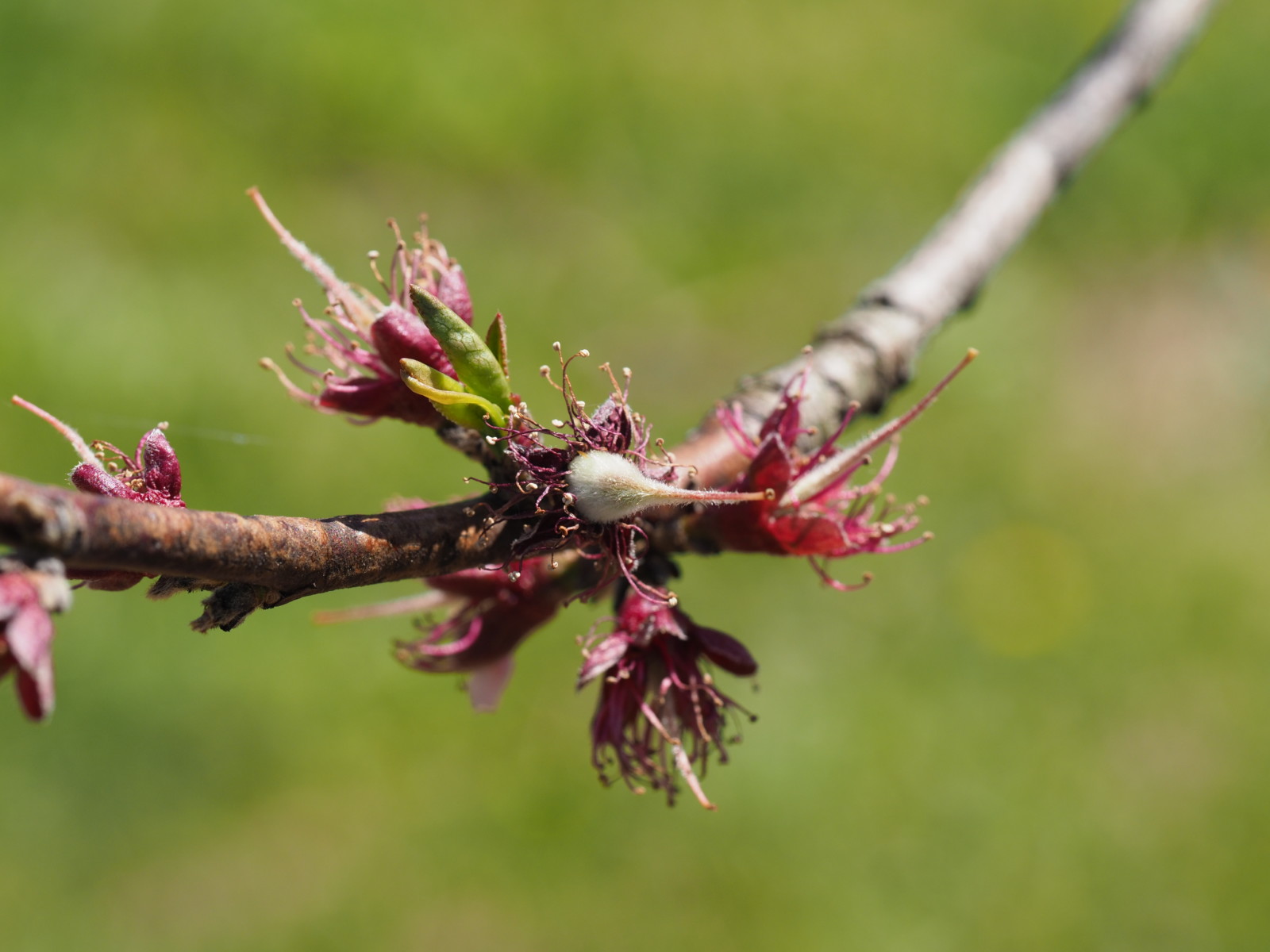
Written By: Emily Cabrera, IPM Communications CoordinatorExpert/Source: Dr. Brett Blaauw, Peach Entomologist With the onset of warmer, longer days, an array of pink blooms from peach, cherry, and plum trees break forth – the first signs of spring. And while most of us enjoy this seasonal shift, fruit tree growers prepare their orchards for the…
Posted in: Chemical control, Commercial, Cultural control, Homeowner, Insect pests, Monitoring, Peaches, Prevention -
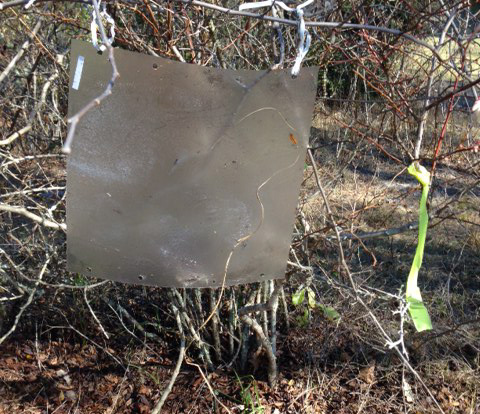
Ash Sial1, James Jacobs2, Zack Williams3, and Renee Allen31Department of Entomology, University of Georgia, 2UGA Extension, Pierce County, and 3UGA Extension, Bacon County Although blueberry gall midge has historically been referred to as a rabbiteye problem, recently it has been reported to be a concern in some southern highbush fields. The majority of the highbush…
-
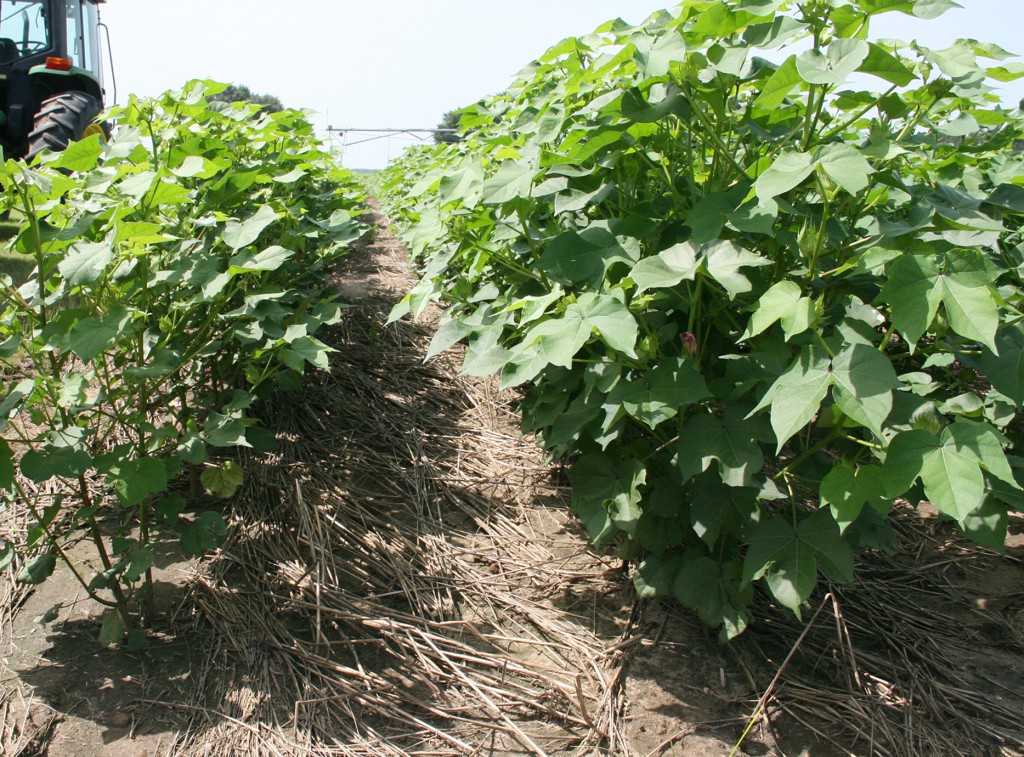
Written by: Emily Cabrera, UGA IPM Communications CoordinatorExpert/Source: Kaylyn Groce Reagin, Cotton & Peanut Sustainability Extension Educator The muddy waters of what is ‘sustainable’ are clearing up with the implementation of a new calculator that gives agricultural producers a reliable method to quantify a farm’s sustainability. As consumers have become more inclined to purchase products…
-
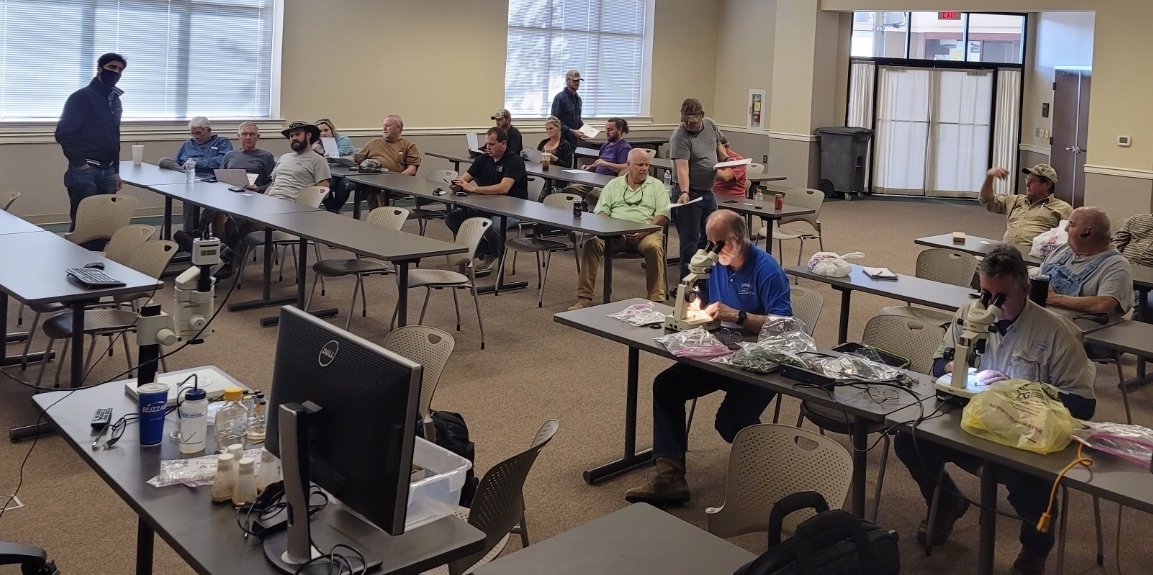
Written by: Emily Cabrera, IPM Communications Coordinator Expert/Source: Ash Sial, Blueberry Entomologist Blueberry growers got up close and personal last week at a special blueberry insect IPM learning session in Alma, Georgia. Over the past few years, a range of blueberry insects have battered the industry in the southeast, so learning to recognize pests at…
Posted in: Blueberry -
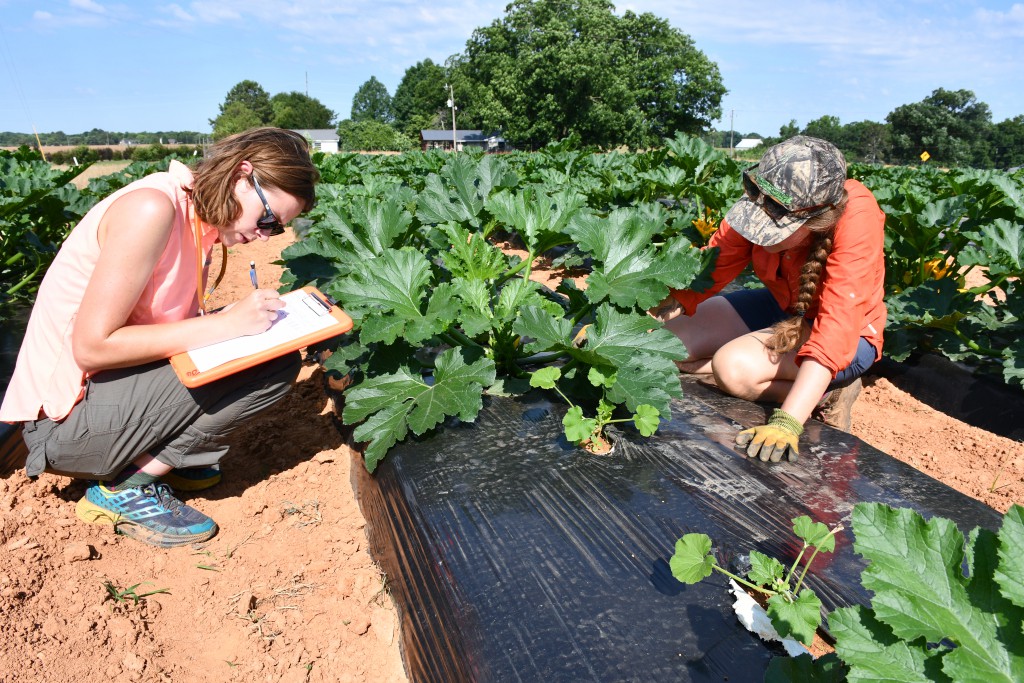
Written By: Emily Cabrera, IPM Communications CoordinatorExpert/Source: Dr. Carmen Blubaugh, Allison Stawara, Christiana Huss, Jon Golan, Julia Berliner Organic farmers in the southeast may have struggled to find resources and support to help combat pests, but now University of Georgia Insect Ecology professor Dr. Carmen Blubaugh and her team is on the case researching ways…
Posted in: Beneficials, Biodiversity, Biological control, Cover crops, Cultural control, Insect pests, Organic, Research, Vegetables -

Written By: Emily Cabrera, IPM Communications CoordinatorExpert/Source: Bob Kemerait As weather in south Georgia turns hot and humid – with rain in the forecast – the spread of fungal diseases in corn, peanut and soybean is advancing quickly. University of Georgia Extension Plant Pathology Specialist, Bob Kemerait, is urging county Extension agents to take action…